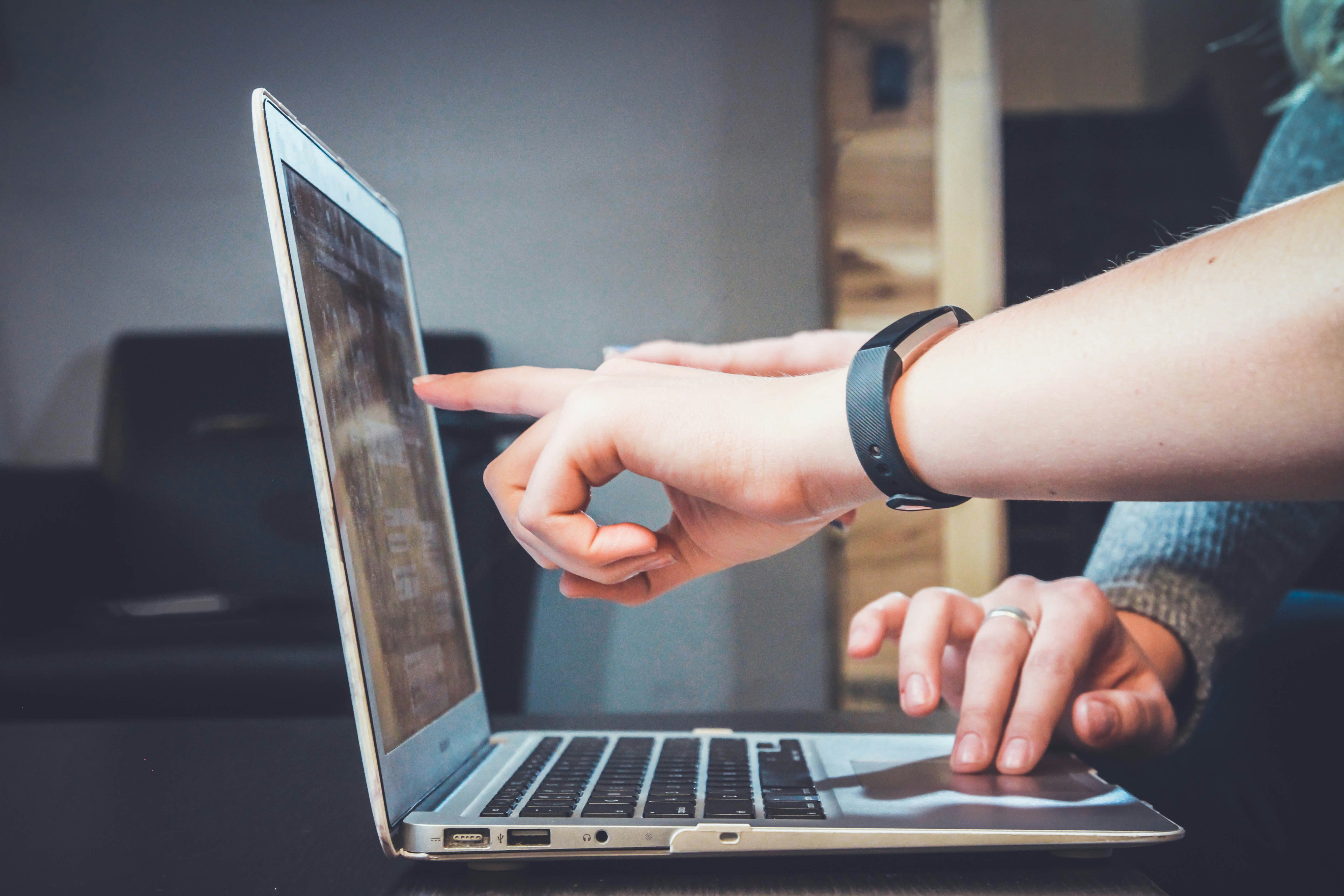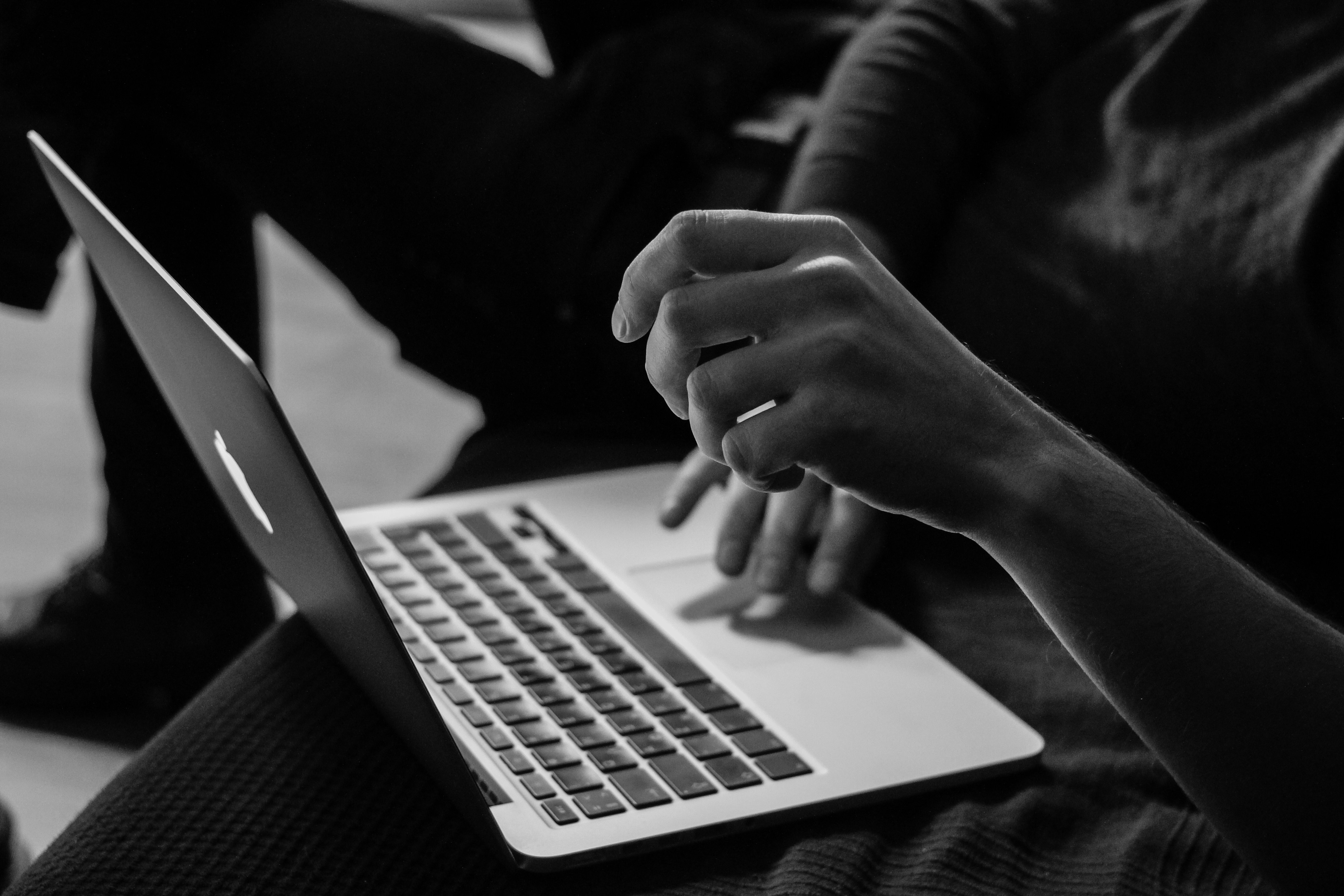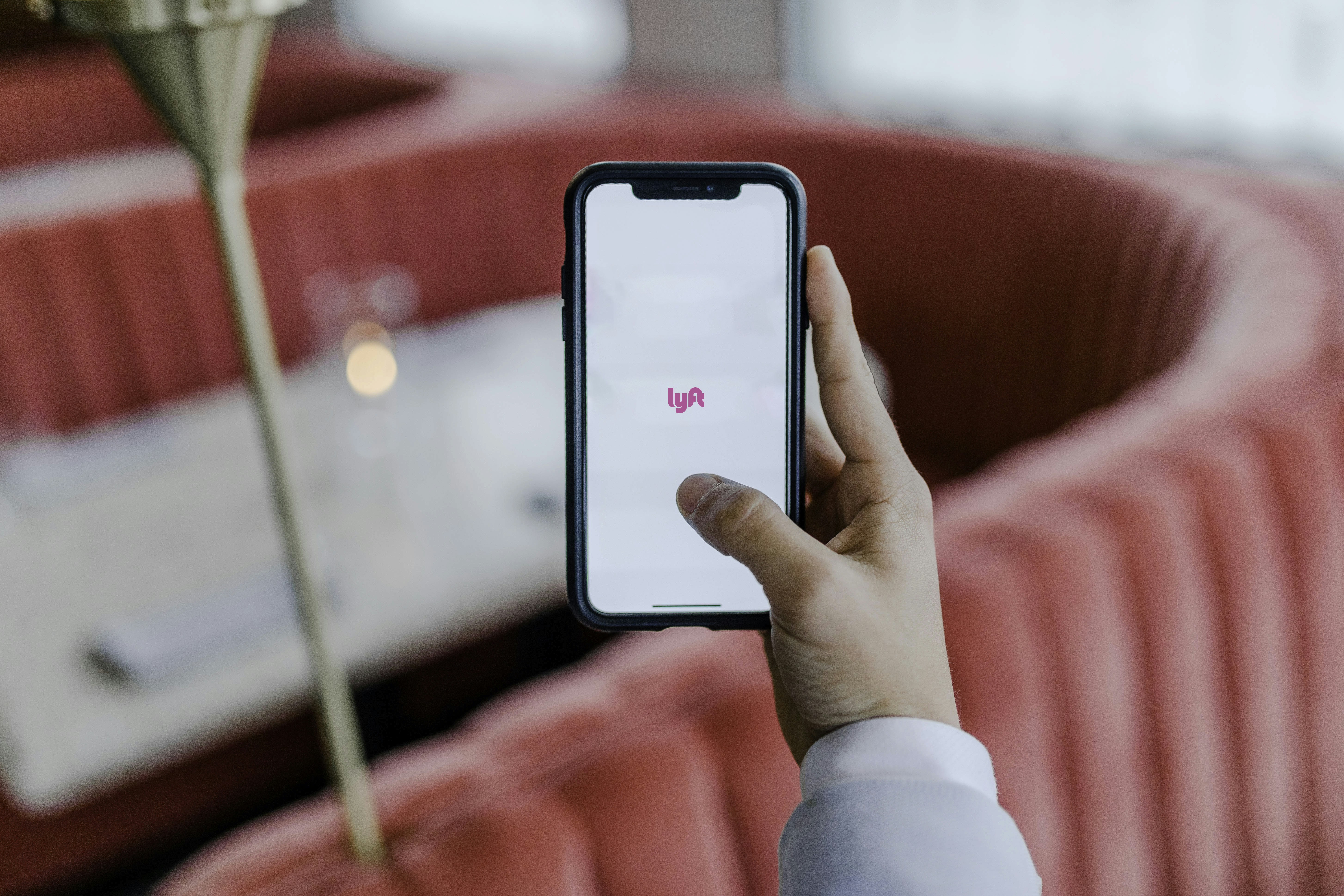Creating a Strong Password
Your password is the first line of defense for your Delta Community Login. Follow these guidelines to create a strong, secure password:
- Length: Use at least 12 characters – longer passwords are generally more secure.
- Complexity: Include a mix of uppercase and lowercase letters, numbers, and special characters.
- Uniqueness: Create a password that's different from those you use for other websites or accounts.
- Avoid Personal Information: Don't include easily guessable information like your name, birthday, or common words.
- Regular Updates: Change your password every 3-6 months for optimal security.
Password Tip
Consider using a passphrase – a sequence of random words with numbers and symbols – which is both secure and easier to remember than a completely random string. For example: "Blue5Horse$Staple!Cloud" is more secure and more memorable than a shorter, complex password.
Enabling Multi-Factor Authentication
Multi-factor authentication (MFA) adds a crucial extra layer of protection to your Delta Community Login. Even if someone obtains your password, they still can't access your accounts without the second verification method. Delta Community offers several MFA options:
- Text Message Codes: Receive a one-time code via SMS to verify your identity.
- Email Verification: Get a secure code sent to your registered email address.
- Authentication Apps: Use apps like Google Authenticator or Authy to generate verification codes.
- Biometric Authentication: On supported mobile devices, use your fingerprint or facial recognition.
We strongly recommend enabling MFA for your Delta Community Login for significantly enhanced security.
Secure Browsing Practices
How and where you access your Delta Community Login matters. Follow these browsing practices to maintain security:
Do:
- Verify you're on the legitimate Delta Community website before entering credentials (look for "https://" and the padlock icon)
- Type the URL directly or use bookmarks rather than clicking links in emails
- Use private/secure networks whenever possible
- Keep your browser updated to the latest version
- Clear your browser cache and cookies after using public computers
- Use a VPN for additional security when on public Wi-Fi
Don't:
- Access your Delta Community Login on public or shared computers when possible
- Use unsecured public Wi-Fi for banking without a VPN
- Leave your device unattended while logged in
- Click on links in suspicious emails claiming to be from Delta Community
- Use the same browser session for online banking and general web surfing
- Save your banking passwords in your browser

Protecting Your Devices
The security of your devices directly impacts the security of your Delta Community Login. Implement these protective measures:
- Keep Software Updated: Install operating system and application updates promptly, as they often include security patches.
- Use Antivirus and Anti-malware: Install reputable security software and keep it updated.
- Enable Device Password Protection: Secure all devices with a password, PIN, fingerprint, or facial recognition.
- Enable Remote Wipe Capabilities: Set up the ability to erase data remotely if your device is lost or stolen.
- Be Cautious with Apps: Only download apps from official app stores and check permissions before installing.
- Secure Your Home Network: Use strong passwords for your Wi-Fi network and router, and enable encryption (WPA3 when available).
Mobile Security Tip
If you use the Delta Community mobile app, enable app-level authentication in addition to your device's security. This ensures that even if someone gains access to your unlocked device, they still can't access your banking app without additional verification.
Recognizing and Avoiding Phishing Attempts
Phishing remains one of the most common ways criminals attempt to steal banking credentials. Learn to identify and avoid these deceptive tactics:
Common Phishing Red Flags
- Urgent Requests: Messages creating a sense of urgency or fear to prompt immediate action.
- Grammatical Errors: Spelling mistakes, poor grammar, or unusual phrasing in supposedly official communications.
- Generic Greetings: Addressing you as "Customer" or "Member" rather than by name.
- Suspicious Links: URLs that look similar to but slightly different from legitimate websites (e.g., "deltacommunity-secure.com" instead of "deltacommunitycu.com").
- Requests for Sensitive Information: Asking for passwords, PINs, full Social Security numbers, or complete card numbers.
- Unexpected Attachments: Files you weren't expecting that could contain malware.
Delta Community's Communication Practices
Understanding how we legitimately communicate helps you identify fraudulent attempts:
- Delta Community will never email or call you asking for your password, PIN, or full Social Security number.
- We don't send unsolicited emails with attachments.
- Official emails come from domains ending in @deltacommunitycu.com.
- Security alerts will direct you to log in to your account directly (not through links) to verify information.
- When in doubt about a communication's legitimacy, contact Delta Community directly using the phone number on your card or our official website.
Setting Up Account Alerts
Account alerts serve as an early warning system for potential security issues. Delta Community offers customizable alerts for:
- Login Attempts: Notifications when someone logs into your account.
- Password Changes: Alerts when your password or security settings are modified.
- Large Transactions: Notifications for transactions above an amount you specify.
- Balance Thresholds: Alerts when your account falls below or exceeds a certain balance.
- Personal Information Updates: Notifications when your contact information or account details change.
- Foreign Transactions: Alerts for transactions originating outside your typical geographic area.
These alerts can be delivered via email, text message, or through our mobile app, allowing you to quickly identify and respond to potential security concerns.
Responding to Security Incidents
If you suspect your Delta Community Login has been compromised or notice suspicious activity, take these immediate steps:
- Change Your Password: Immediately change your Delta Community Login password if you still have access to your account.
- Contact Delta Community: Call our fraud prevention department at 1-800-544-3328 as soon as possible.
- Review Your Accounts: Carefully check all recent transactions for unauthorized activity.
- Update Security Settings: Review and enhance your security settings, including updating security questions and enabling additional verification methods.
- Check Other Accounts: If you use similar passwords elsewhere, change those passwords immediately.
- Monitor Your Credit: Check your credit reports for unauthorized accounts or inquiries.
- Document Everything: Keep records of any suspicious activities and your response actions.
The faster you respond to security incidents, the better your chances of preventing or limiting financial losses. Delta Community's fraud team is available to assist you throughout this process.
| Security Feature | How to Enable | Benefits |
|---|---|---|
| Multi-Factor Authentication | Settings > Security > Multi-Factor Authentication | Prevents account access even if password is compromised |
| Account Alerts | Settings > Alerts > Manage Alerts | Early warning of potential unauthorized activity |
| Login Notifications | Settings > Security > Login Alerts | Immediate notification when your account is accessed |
| Biometric Login (Mobile) | Mobile App > Settings > Security | Convenient and secure access without typing passwords |
| Card Controls | Card Management > Security Controls | Ability to lock cards, set limits, and control usage |
Educating Your Family About Security
If family members have access to your accounts or their own Delta Community accounts, ensure they understand security best practices:
- Share appropriate security practices with family members who use joint accounts.
- Discuss the importance of not sharing login credentials, even among family members.
- Help older adults and teens understand phishing tactics and how to avoid them.
- Establish clear guidelines for what financial information should never be shared via email, phone, or text.
- Consider using separate login credentials for different family members when possible.
Security Beyond Online Banking
Comprehensive financial security extends beyond your Delta Community Login to other aspects of your financial life:
- Mail Security: Collect mail promptly and consider a locked mailbox to prevent theft of financial documents.
- Document Shredding: Shred documents containing financial information before disposal.
- Credit Monitoring: Consider credit monitoring services to quickly identify potential identity theft.
- Credit Freezes: Place security freezes on your credit reports to prevent unauthorized accounts from being opened.
- Social Media Privacy: Avoid sharing information on social media that could be used to answer security questions.
- Regular Account Review: Check your accounts regularly for unauthorized transactions, not just when you receive alerts.
"Online banking security is a partnership between Delta Community and our members. We provide robust security systems and technologies, while members follow best practices in their daily banking activities. Together, this creates a powerful defense against financial fraud." - Mark R., Delta Community Information Security Officer




